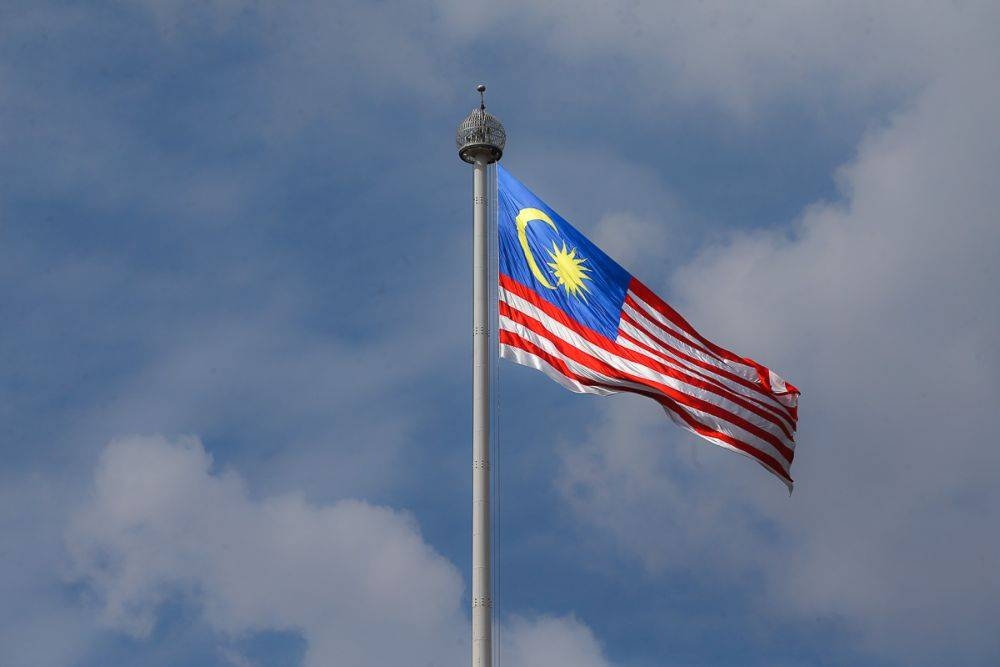July 5 — The Coalition of Malaysian Non-Governmental Organisations (Comango) for the UPR Process is appalled with the recent appointment of the Commissioners of the National Human Rights Commission (Suhakam) for the term 2022 to 2025. Comango is gravely concerned with the selection, appointment process and lack of equal representation of the new commissioners by the Government of Malaysia which falls short of international standards.
For the record, Suhakam is a National Human Rights Institution (NHRI), a state-mandated body independent of government, with a broad constitutional or legal mandate to protect and promote international human rights standards at the national level. NHRIs must comply with the Paris Principles which identify their human rights objectives and provide for their independence, broad human rights mandate, adequate funding, and an inclusive and transparent selection and appointment process. The Principles are broadly accepted as the test of the institution’s legitimacy and credibility.
In fact, during the first Universal Periodic Review (UPR) cycle in 2009, the accreditation sub-committee of the International Coordinating Committee of National Institutions for the Promotion and Protection of Human Rights (ICC) had alleged that Suhakam was not in full compliance with the Paris Principles. The Government of Malaysia at that time was informed by Suhakam that it was at risk of being re-accredited by the ICC, from its then “A-status” to “B-status”. In response, the Government of Malaysia amended the Suhakam Act to increase the transparency of the selection and appointment process of the Members of the Commission. Additionally, during the second UPR cycle in 2013, several UPR recommendations aimed at strengthening the status and functions of Suhakam were accepted in full by the Malaysian Government. The Government’s commitment to strengthen Suhakam and its mechanism was reiterated in Malaysia’s voluntary pledge to serve as a member of the UN Human Rights Council for the term 2022 to 2024.
However, the Government of Malaysia today appears to have regressed on its international commitment to strengthen the mandate and functions of Suhakam. This is evident in the non-transparent selection of the new Members of the Commission. Several individuals appointed by the Government of Malaysia to be Members of the Commission appear to have questionable track records and limited knowledge of human rights issues. This does not fit well with the crucial role of NHRIs to promote and monitor the effective implementation of international human rights standards at the national level.

For instance, the newly elected chairman of Suhakam, Prof. Datuk Dr. Rahmat bin Mohamad was the co-author of a paper that objected to Malaysia’s ratification of the Rome Statute. He also reportedly stated that he would ensure that human rights in the country would be based on the Malaysian mould, taking into consideration the importance of religion, culture and traditions. This statement contradicts the principle of universality, which is the cornerstone of international human rights law by virtue of which everyone is equally entitled to human rights. Appointing an individual with a track record that is against effective implementation of international human rights standards at the national level to helm Suhakam raises concerns about Suhakam’s legitimacy and credibility for promoting international human rights standards at the national level. Additionally, appointing individuals such as Dato’ Hasnal Rezua Merican and Puan Nazira binti Abdul Rahim, who are active politicians in Umno, also raises the question about Suhakam’s impartiality and independence.
It is of further concern that the appointments continue to be non-inclusive and do not reflect equal representation of women, persons with disabilities, and indigenous peoples, amongst others. In particular, as a signatory of the Convention on the Elimination of All Forms of Discrimination Against Women (Cedaw), the government must adhere to the statement issued by the Cedaw Committee (2008) calling for gender balance in the composition of the commission.
The previous Government of Malaysia’s efforts to safeguard Suhakam’s ‘A-status’ should not be jeopardised by the non-transparent selection and appointment process of the Members of the Commission. Additionally, individuals who do not have a record of demonstrated commitment to protect and promote universal human rights should not be given the mandate to lead the very institution that champions human rights for all.
Comango demands an explanation from the Government of Malaysia with regard to compliance with due processes in the appointment of the new Suhakam Commissioners. The government must be transparent and disclose the complete list of applications received, shortlisted candidates, and how it reached its final list of candidates. It must provide an explanation to the people of Malaysia.
Do not tarnish the excellent work of Suhakam’s predecessors and sacrifice human rights for the sake of political mileage.
* Comango is the biggest civil society coalition of its kind in the UPR process, comprising over 40 organisations, to engage in the Universal Periodic Review (UPR) of the United Nations.
** This is the personal opinion of the writer or publication and does not necessarily represent the views of Malay Mail.





















